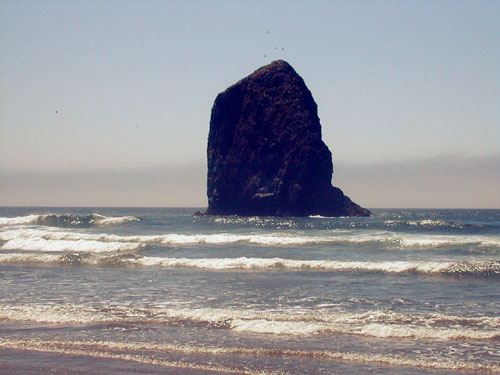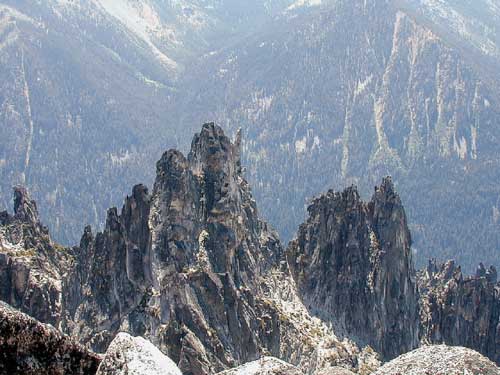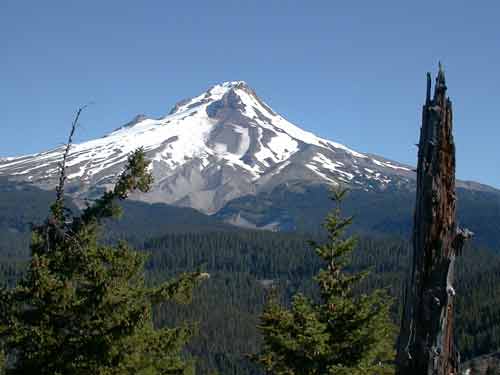Unless you keep practicing your meditation, the mind goes where it will. But that’s okay, too, because sometimes wanderings are more interesting than where you were originally headed, and certainly more interesting than the places the media would lead you.
If you follow this log, you will have noticed a nostalgic tendency the last few days. I didn’t start out that way, but has certainly gone that way. For me, at least, that somehow seems appropriate because that is what I have most loved about the internet since its early days. Jumping from link leads to some strange, but interesting, places like The Fruitlog – a British Eccentric or dle@pitas-zen,bukowski,fishing, hammering ants and staring at the sun-what else is there?…. You can’t expect much more from life.
Pulling out some of my oldest poetry books, I found one by Nelson Bentley, one of my favorite professors, the only one ever to give me the confidence to write my own poems. Perhaps because of this, I didnât appreciate his poems nearly as much as they deserved to be. I was doubly pleased, though, when I found a website devoted to his memory at Friends of Nelson
Re-reading Sea Lion Caves I was pleasantly surprised to find a poem about Cannon Beach, long my favorite place on the Oregon coast, long before it became the yuppie destination that it is today.

Cannon Beach
Who love these rocks have studied to endure.
The tall waves roar
And break their whitest on those basalt snags:
Foam mounts like wings
Out of a sound unchanged since Genesis.
The ocean heaves the weight of time ashore:
The rocks stand sheer.
White seafowl slowly skim immobile nests.
Fish blue with warts,
Eyes glazed by water, swim under the blue surface.
Where one black monolith makes immortal thrust
And waves smash most,
Light like a halo holds the primitive tip.
From cape to cape
That rigid word orders the surge of chaos.
Nelson Bentley from Sea Lion Caves
I doubt that I was ready for this poem when I read it in college, but today it seems to capture what I have most loved about the beach.
The roaring of the surf is the ultimate meditation, endlessly pulsing, the very sound of blood rushing through your veins, the blood of Gaia.
What better symbol of endurance than this "black monolith" that juts out into the water, the prow of our continent, withstanding the ravages of time .


